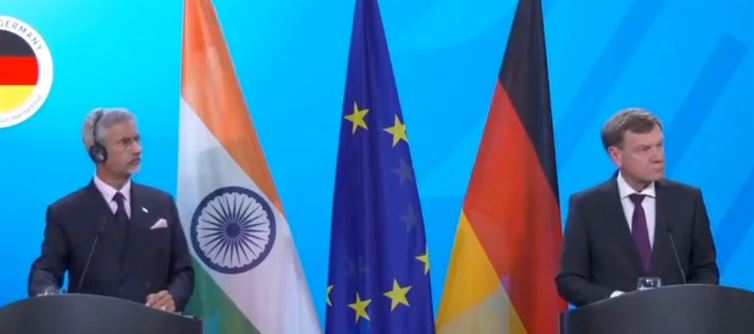
In response, indian External Affairs minister S. jaishankar reiterated India’s unwavering policy on key strategic issues. “India has zero tolerance for terrorism,” he emphasized, “rejects nuclear blackmail, and will deal with pakistan bilaterally.” These statements reaffirm New Delhi’s long-standing position that any resolution with pakistan must occur without third-party mediation and on India’s terms, particularly when it comes to matters of national security. jaishankar also expressed appreciation for Germany’s stance, noting that support for India’s right to self-defense is not only welcome but essential for regional stability. His comments were both a diplomatic signal and a warning: india will not compromise on sovereignty or security.
This convergence between germany and india signals a broader geopolitical shift. As europe grapples with its own security concerns, it is becoming more aligned with nations that share values around democratic governance and counterterrorism. Germany’s support for india also reflects growing economic and strategic ties between the two nations, especially as the Indo-Pacific becomes a central focus for global diplomacy. While pakistan is likely to react strongly to this alignment, it underscores an increasingly isolating environment for Islamabad in the international arena, particularly on issues linked to terrorism and nuclear brinkmanship.




 click and follow Indiaherald WhatsApp channel
click and follow Indiaherald WhatsApp channel